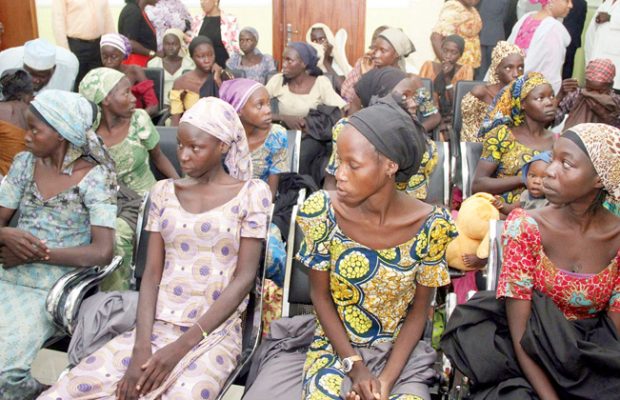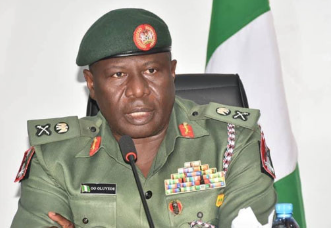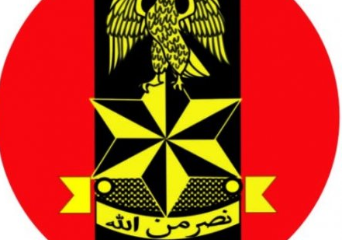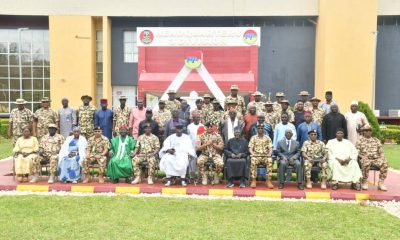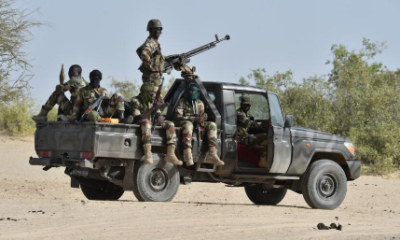The International Committee of the Red Cross has explained its role in the recent release of the 82 Chibok girls freed by Boko Haram on the weekemd.
The release was part of a prisoner swap that also got some Boko Haram suspects detained free, according to the presidency.
President Muhamamdu Buhari’s spokesperson, Garba Sheu, said the ICRC as playing a major role in the girls’ release.
“President Muhammadu Buhari expresses his deep gratitude to all who played a part in ensuring the success of this operation, as follows: Security agencies, the military, the Government of Switzerland, the International Committee of the Red Cross, and local and international NGOs,” Shehu said.
While explaining its role, the ICRC on Monday said it was not involved in the direct negotiation.
Aleksandra Mosimann, ICRC’s communication coordinator disclosed this in an interview with the News Agency of Nigeria in Abuja.
According to him, the ICRC acted as a neutral intermediary based on the agreement of the two parties involved as specified in its mandate.
“We were not involved in the negotiation for their release, as negotiations often imply a political process which is contrary to the political and neutral nature of ICRC work.
“I can confirm that in the early hours of Sunday May 7, the ICRC only transferred 82 Chibok girls from the armed opposition to the government of Nigeria.
“We transferred the girls with the agreement of both parties involved.
“This however means the girls were handed over to us by the armed opposition group that had held them and we handed them over to the military,’’ she explained.
Ms. Mosimann also recalled that in October 2016, ICRC transferred 21Chibok girls and a baby released from armed opposition to Nigerian authorities, but was not part of the negotiation that led to their release.
The 21 Chibok girls were the first batch released by the Boko Haram after negotiations with the Buhari administration.
About 80 girls are now left with the terror group over three years after about 270 were kidnapped from their secondary school in Chibok, Borno State in April 2014.
Mosimann said that the ICRC role of a neutral intermediary was widely recognised worldwide, adding that the organisation had performed such roles in other countries such as Colombia and Sudan, among others.
“The neutral intermediary by ICRC is an indication of the trust that parties to the conflict place on us,’’ she said.
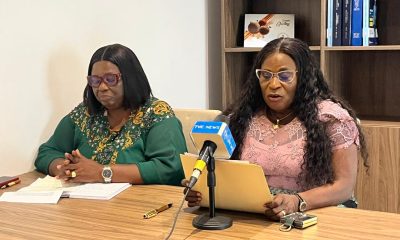
 Latest1 week ago
Latest1 week ago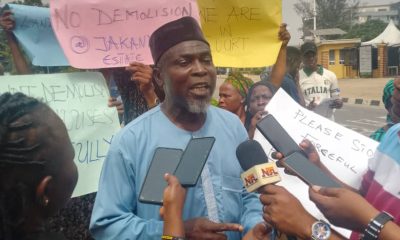
 News1 week ago
News1 week ago
 Business6 days ago
Business6 days ago
 Business1 week ago
Business1 week ago
 Latest1 week ago
Latest1 week ago
 Education1 week ago
Education1 week ago
 Business6 days ago
Business6 days ago
 Football1 week ago
Football1 week ago
